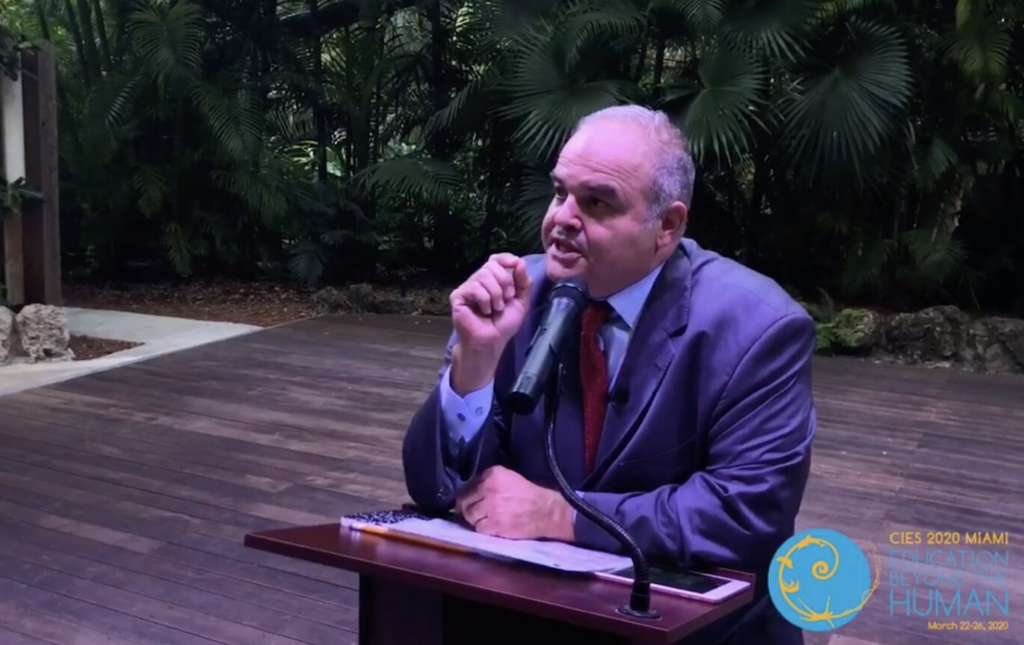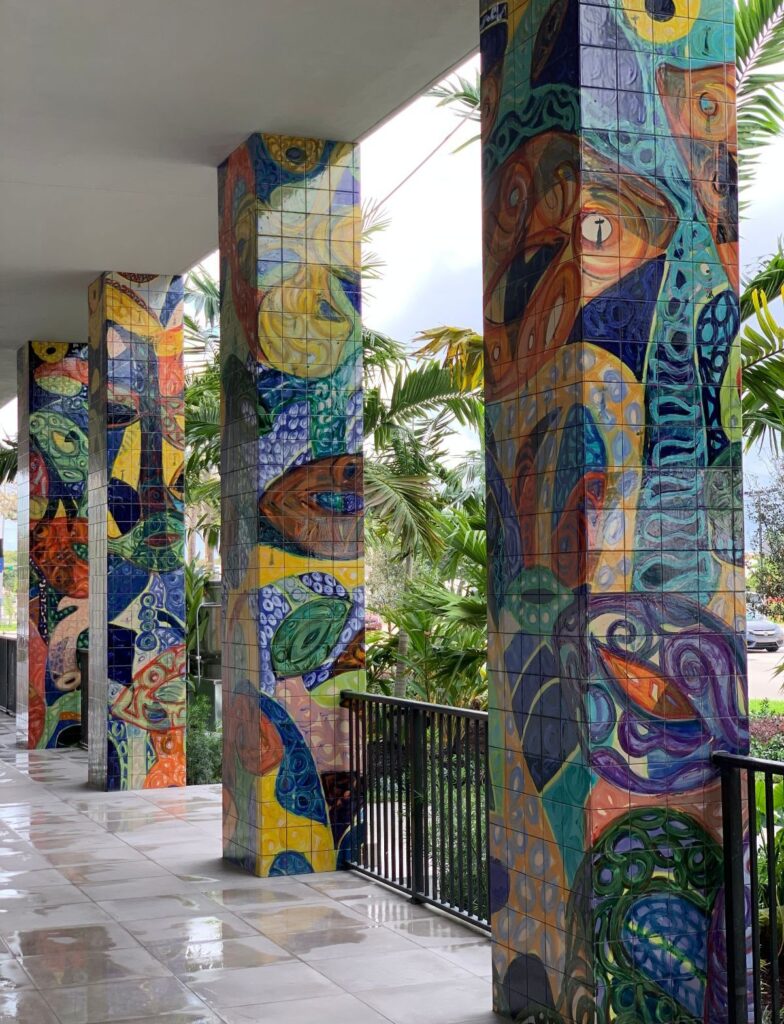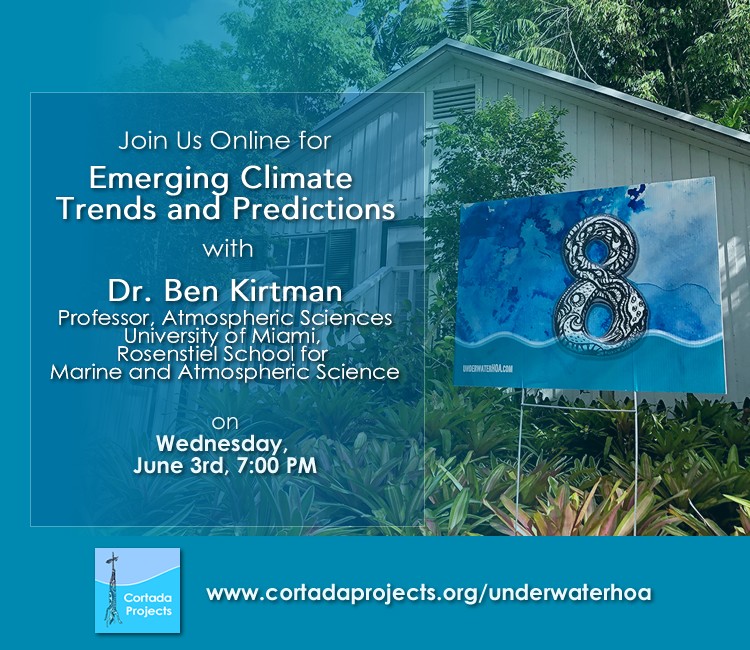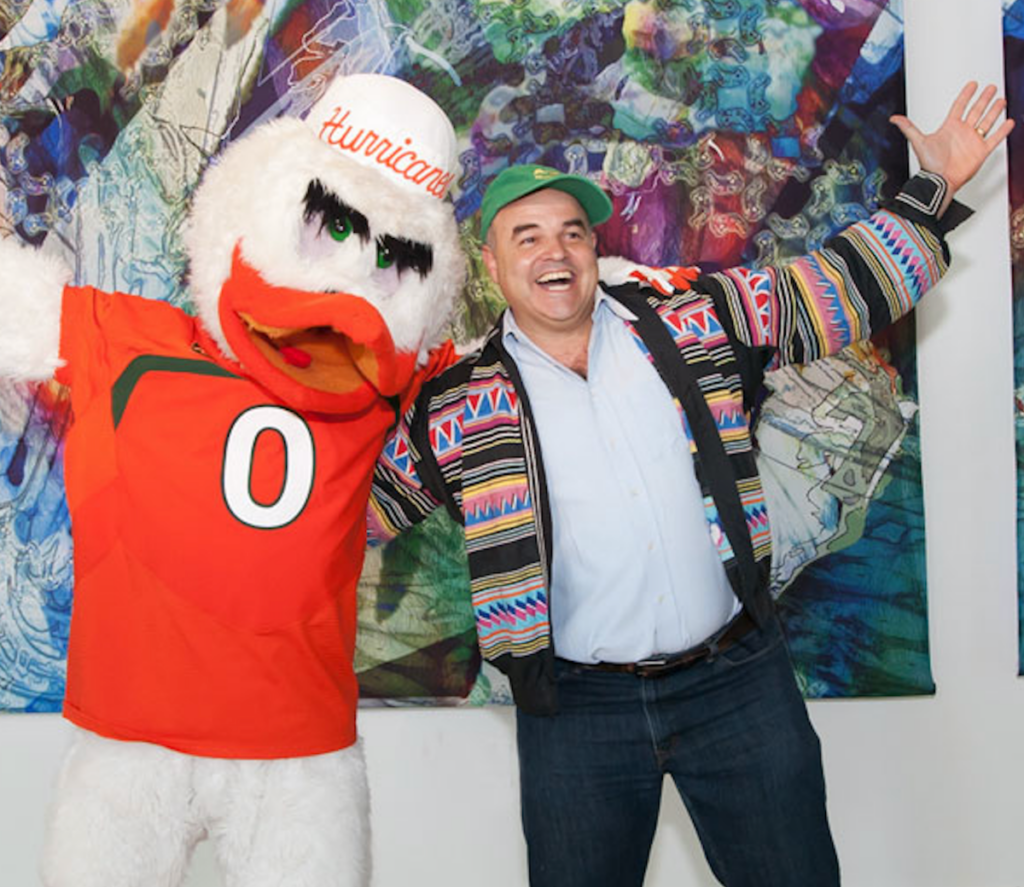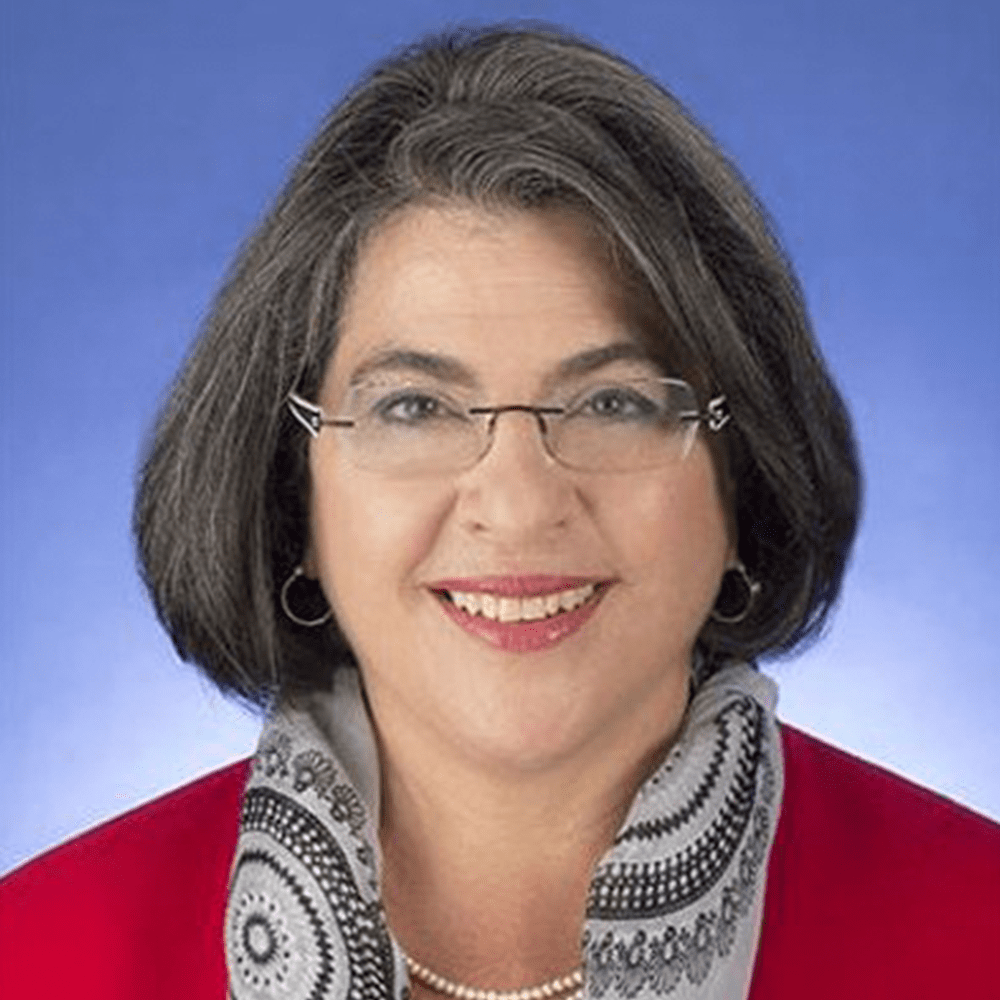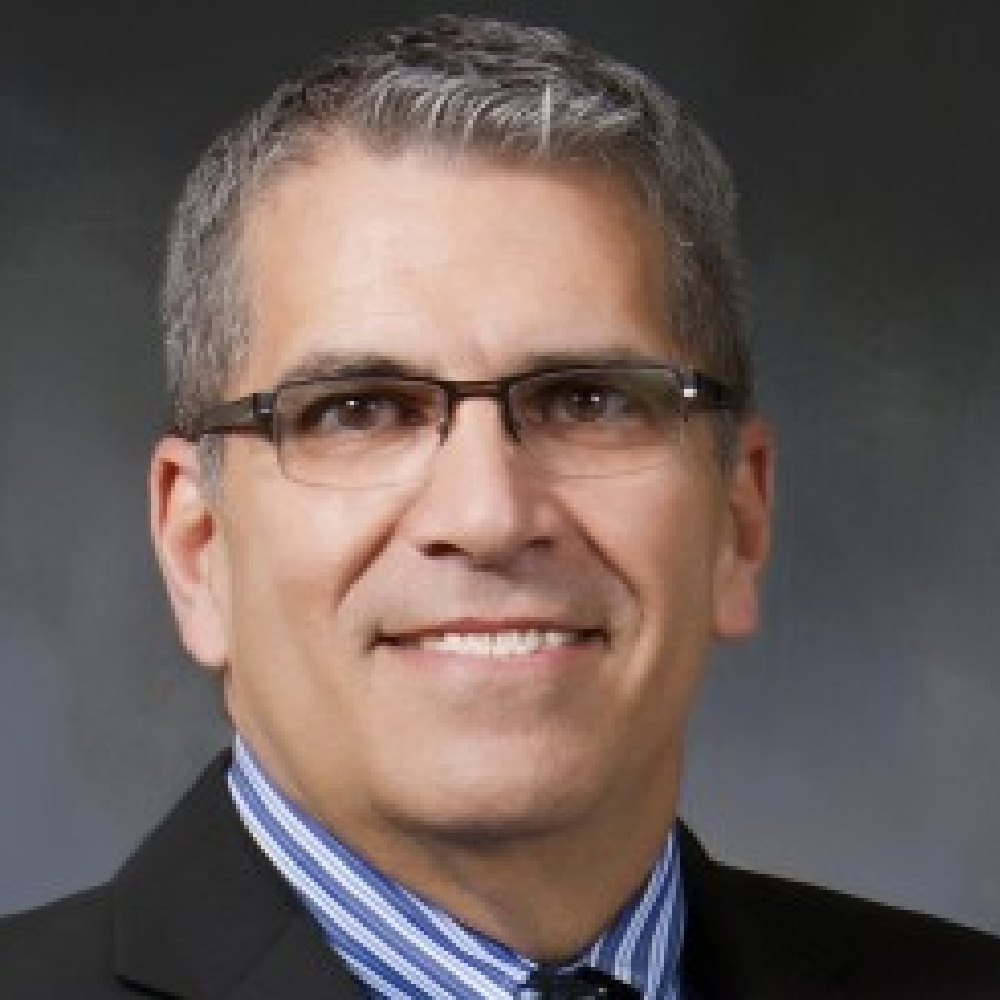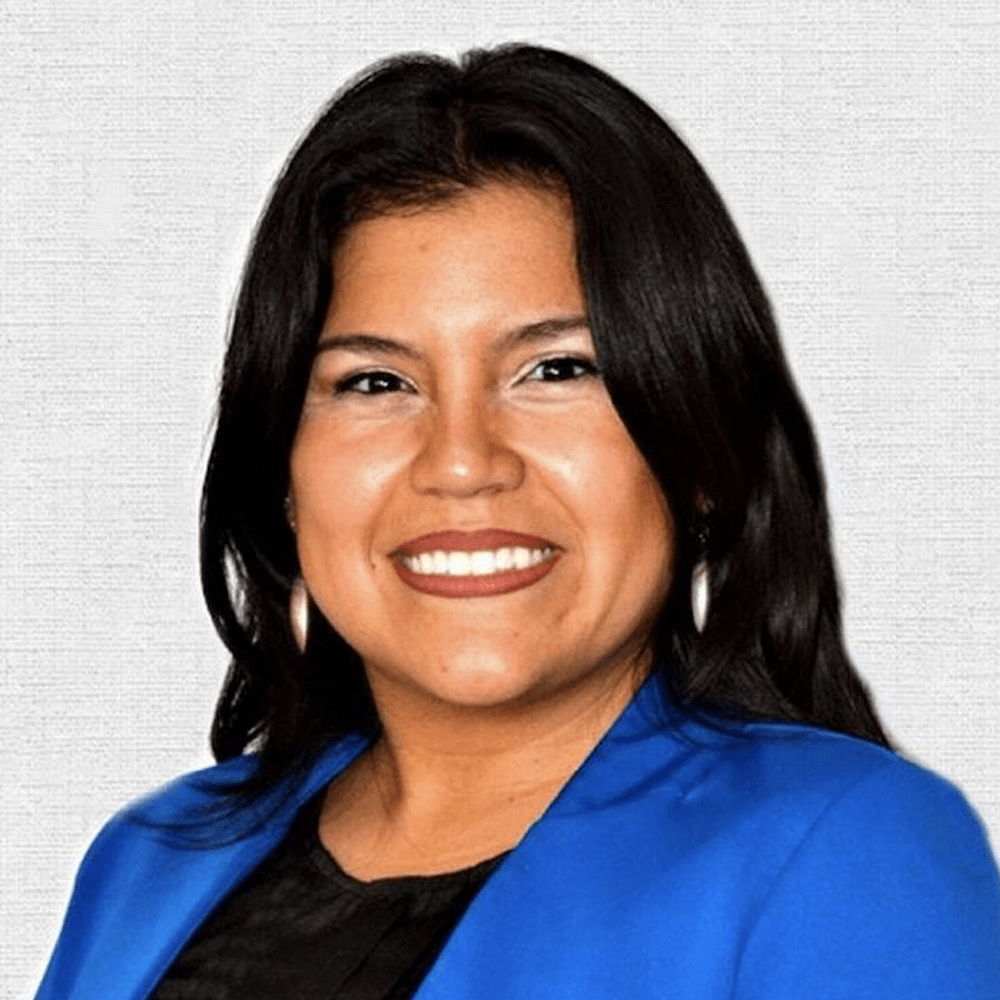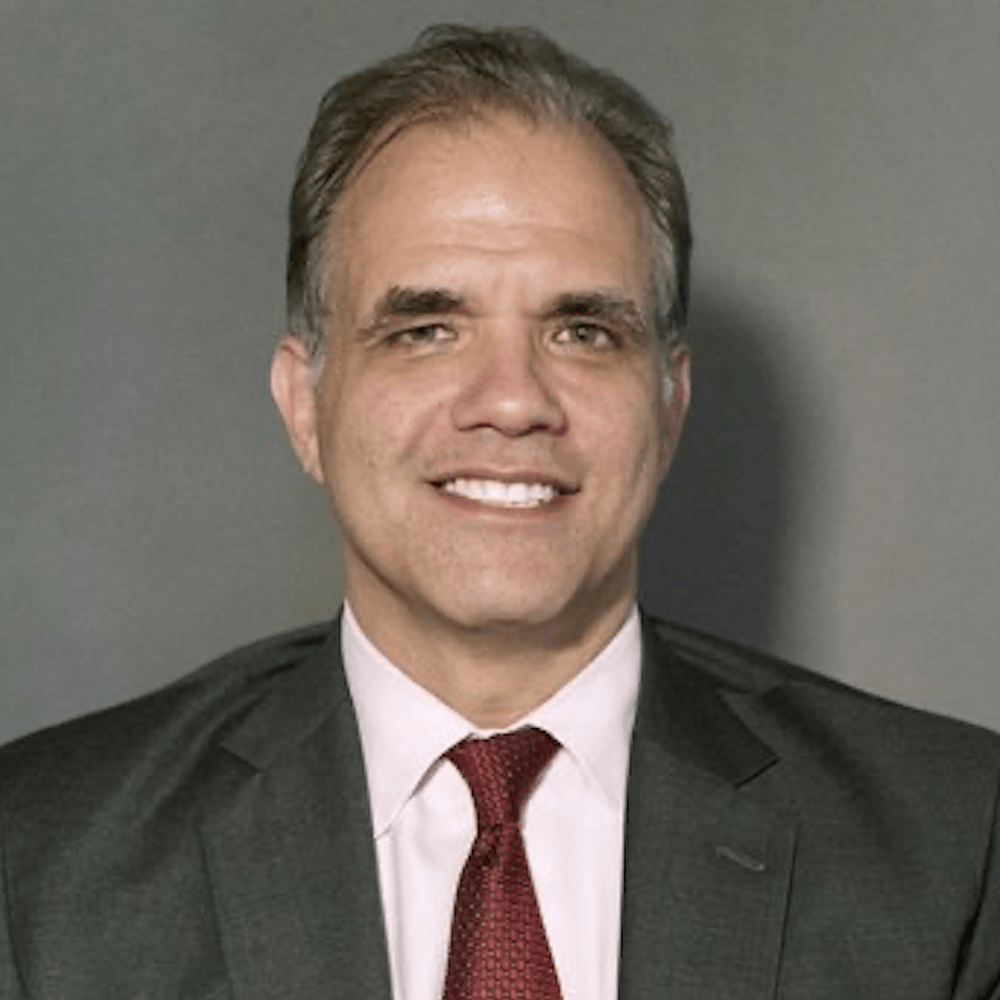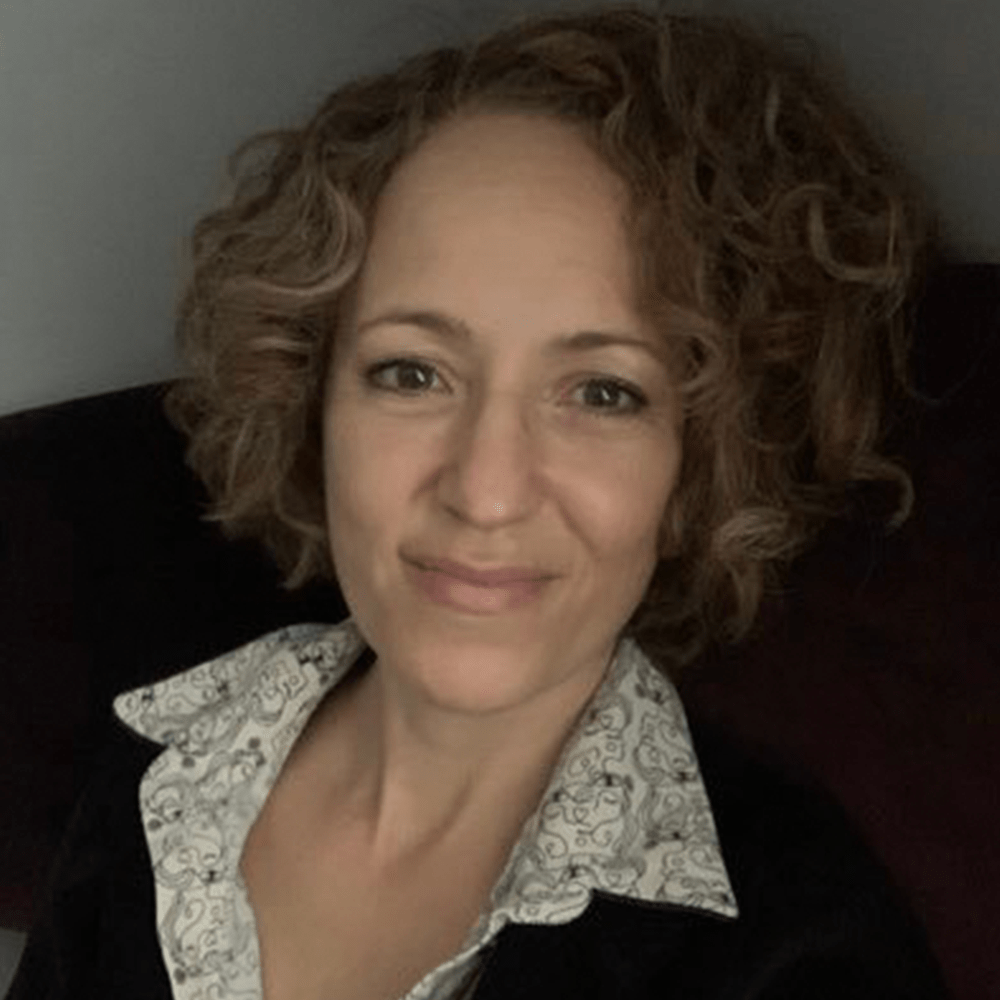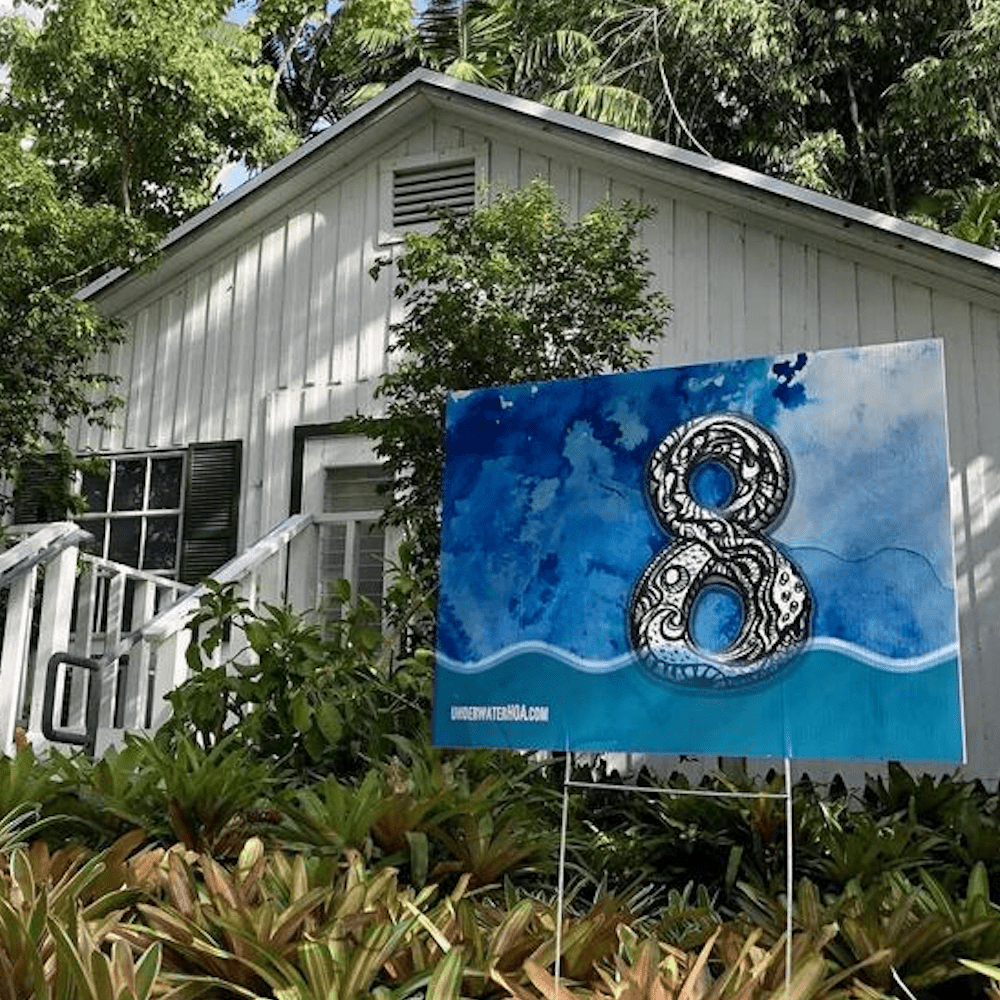Home » Newsletters » 2020 News » June 2020 – Cortada’s Engaged Projects Go Virtual

Cortada's engaged projects go virtual
On March 20th, 2020, as the COVID-19 pandemic gripped our country, Xavier Cortada recorded his “The Future is Here, Now” keynote plenary speech for the Comparative & International Education Society in an empty auditorium at Pinecrest Gardens. The international conference, originally slated to take place in downtown Miami, migrated to a virtual platform along with Cortada’s speech and art projects. Watch the full keynote.
Decade's first public art commission
Cortada’s first public art commission of the decade was the Miami Mangrove Forest ceramic tile mural in Palmetto Bay, Florida. Learn more about Cortada’s ceramic mangrove murals.
Underwater HOA
Make sure to join us for our upcoming virtual Underwater Homeowner’s Association meeting on June 3rd at 7:00pm where prominent University of Miami climate expert, Dr. Ben Kirtman, will serve as guest speaker. Register for the meeting to receive the access link.
Underwater HOA aims to generate awareness on rising sea levels, and engage Floridians to take action against climate change by providing a space where homeowners can address its impending impacts.
UM Engaged Faculty
Cortada receives University of Miami Engaged Faculty Fellowship. Through it, he will continue bringing civic engagement and service learning into his courses’ curriculum.
See Cortada’s recent online UM panel discussions below:
Xavier Cortada, Professor of Practice at the University of Miami Department of Art and Art History, developed the “Miami Corona Project” as a digital platform to assess and address the coronavirus pandemic in Miami. Part of the University of Miami COVID-19 Rapid Response effort, the art project’s engaged Conversations with community leaders provide a mechanism to better understand and reflect on the impacts of the pandemic.
Xavier Cortada and all of us at Cortada Projects are committed to using the power of art to engage the community in learning about and addressing important ecological concerns including climate change, sea level rise, and biodiversity loss. Thank you for reading our May 2020 newsletter.
